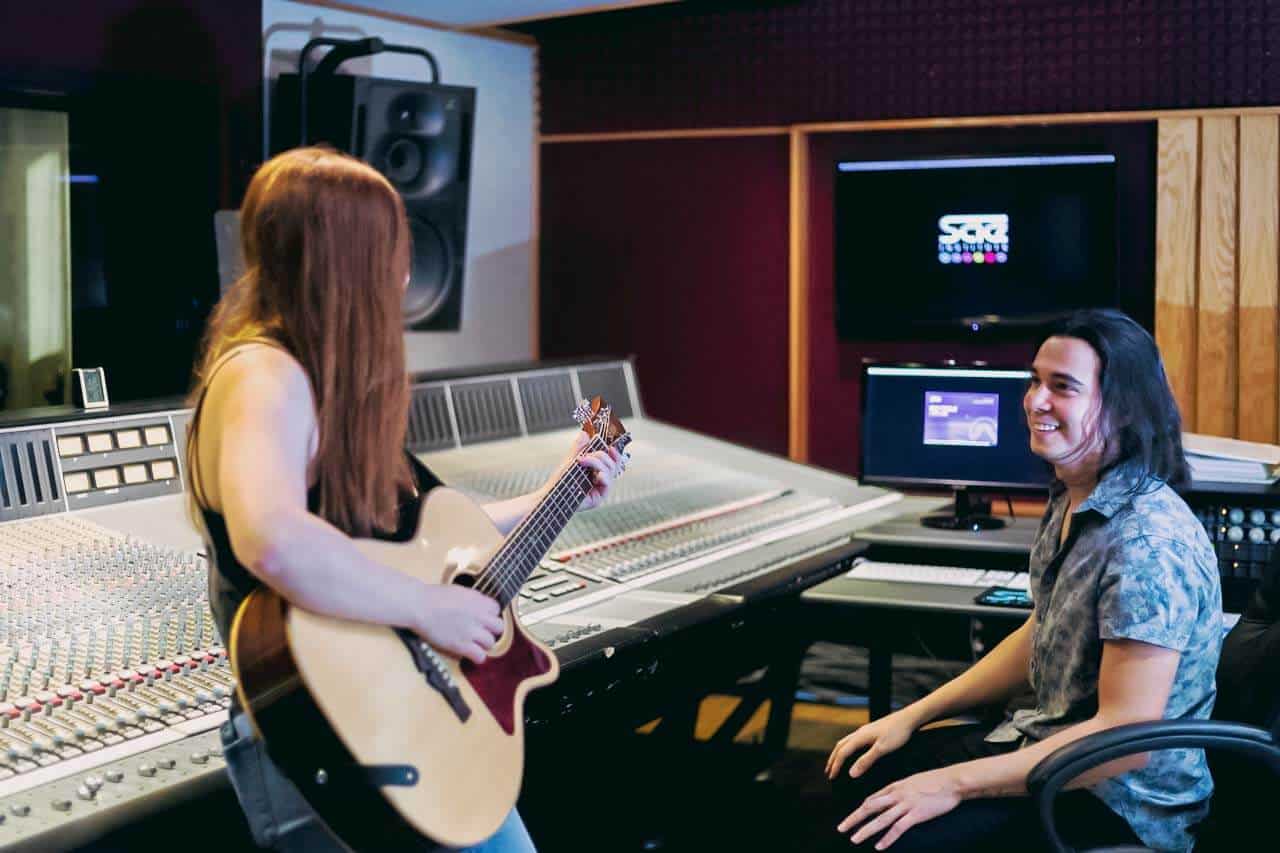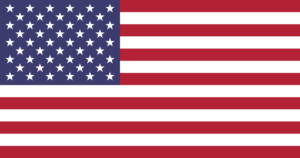Consumer Disclosures
In celebration of the anniversary of the US Constitution, on September 17 each SAE Institute will have a program recognizing this special day. If September 17 falls on a day when classes are not in session, the school will recognize Constitution and Citizenship Day on a day closest to September 17 in which classes are in session.
Unauthorized distribution of copyrighted material, including unauthorized peer-to-peer material, including unauthorized peer-to-peer file sharing, may subject the students to civil and criminal liabilities. Legal penalties for copyright infringement include actual dollar amount damages and profits (with a range of $200-$150,000 for each work infringed), infringer pays all attorney and court fees. The court can issue an injunction to prevent infringed acts, impound illegal works and the infringer can go to jail.
SAE Institute reserves the right to dismiss, suspend, or place on probation any student who distributes copyrighted material without authorization. This includes illegal downloading of software.
To view the Demographic Data click here.
There are no programs offered at SAE Institute campuses located in the United States that require a license for employment.
View the Alcohol and Drug Prevention Policy in full for more information.
SAE Institute forbids the use, possession, distribution, or sale of drugs or alcohol by students, faculty, or staff anywhere within the school facilities or on campus grounds. Anyone in violation of state, federal, or other local regulations with respect to illegal drugs or alcohol may be subject to both school disciplinary action and criminal prosecution.
Schools are required to maintain an Emergency Response and Evacuation Plan (EREP), which includes plans and instructions to be followed by campus administration, faculty, staff, students, and guests in the event of emergencies and evacuations. Each room on campus has an evacuation plan for emergencies which all students and employees are asked to follow.
Students should contact the Financial Aid Administrator at the institution who is always ready to assist with any questions or concerns regarding Federal Student Aid Loans.
If a situation exists that the Financial Aid Administrator cannot resolve, students can contact the U.S. Department of Education’s Office of Ombudsman for student loan issues. The ombudsman resolves disputes from a neutral and independent viewpoint. The Office of Student Financial Assistance Ombudsman will informally research a borrower issue and suggest solutions to resolve it. Student borrowers can contact the Office of the Ombudsman at:
Phone: 877-557-2575
Fax: 202-275-0549
Mail: U.S Department of Education, FSA Ombudsman, 830 First Street, N.E., Washington, DC, 20202
Please visit the National Center for Education Statistics for details.
Students may visit their local post office to obtain the required Voter Registration form and necessary requirements outlined by their state.
The National Student Loan Data System (NSLDS) is the U.S. Department of Education’s (ED’s) central database for student aid. NSLDS receives data from schools, guaranty agencies, the Direct Loan program, and other Department of ED programs. NSLDS Student Access provides a centralized, integrated view of Title IV loans and grants so that recipients of Title IV Aid can access and inquire about their Title IV loans and/or grant data.
The National Center for Education Statistics (NCES), a division of the U.S. Department of Education, is the primary federal entity responsible for collecting and analyzing data related to postsecondary education in the United States. Each year, NCES collects a broad range of information from post-secondary institutions through the Integrated Postsecondary Education Data System. Much of this information is then sorted, organized, and presented to the public on the College Navigator website, which is managed by NCES.
Visit the College Navigator website.
IPEDS First-Time Full-time Retention Rate
Please visit the National Center for Education Statistics for details.
SAE Institute does not require specific immunizations beyond those required by any federal or state law. SAE Institute does reserve the right to take steps to limit or restrict an individuals’ access to any campus or to require medical documentation as reasonably necessary to verify that an individual does not pose a substantial risk to the community due to a communicable disease.
Of the graduates from Bachelor degree programs reported on the 2024 ACCSC Campus Performance Outcomes, zero went on to pursue graduate education.






























